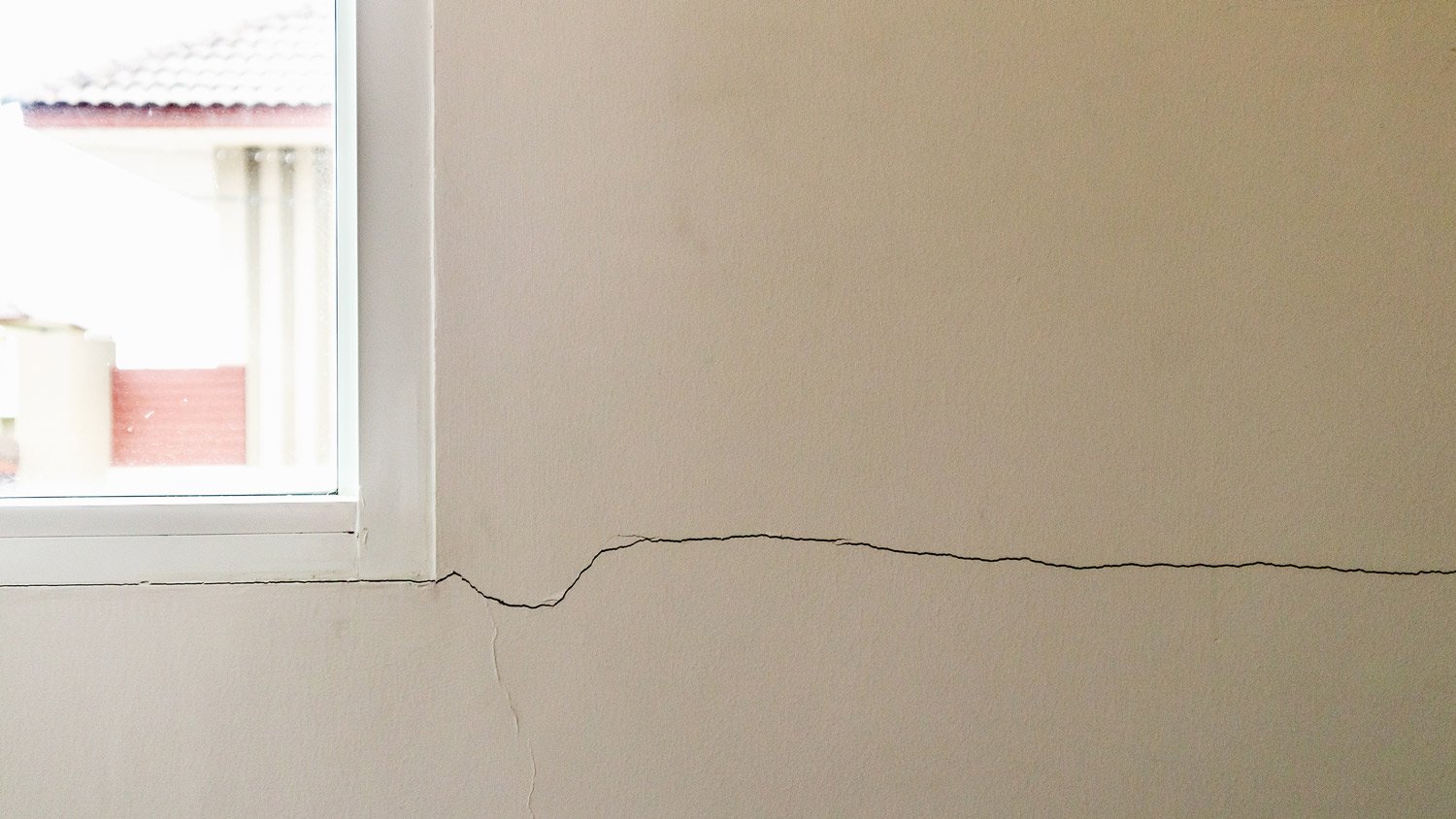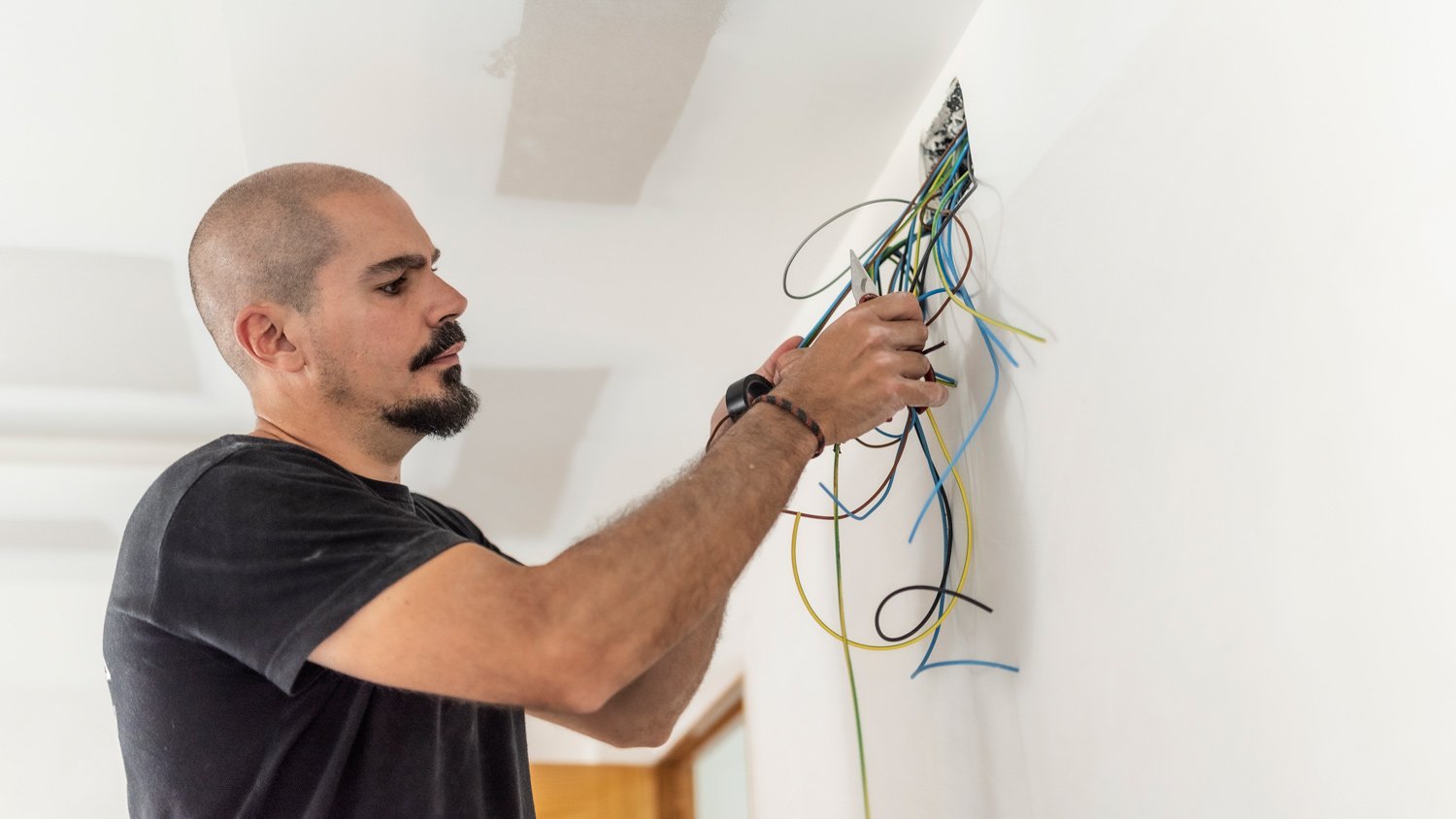What Repairs Are Mandatory After a Home Inspection?
It’s safety first when it comes to these required post-inspection home repairs


Home inspections uncover both mandatory repairs and nonessential fixes.
Some home repairs are required by state or municipal governments and lenders.
Payment for the repair costs can be negotiated between buyers and sellers.
Understanding which fixes are mandatory after a home inspection is a crucial step in closing a deal on a home. While many home inspection discoveries are cosmetic and nonessential, issues related to health and safety are taken much more seriously. Whether you’re a buyer or a seller, understanding the details of mandatory home repairs can save you time, money, and stress later on. In this guide, we’ll explain the top mandatory fixes you might need to make after receiving a home inspection report—ensuring your home sale or purchase goes as smoothly as possible.
What Fixes Are Mandatory After a Home Inspection?

In many cases, suggested repairs uncovered by a home inspector aren’t mandatory to complete the sale of a home. Plenty of houses are sold as-is, meaning it’s up to the buyer to decide whether to take the property in its current state—flaws and all. However, there are some cases where repairs are required, often by state safety regulations and lenders entrusting you with a mortgage. Mandatory home fixes can be broadly broken down into lending and government requirements.
Which Home Repairs Do Lenders Require?
Most home sales go through a lender. So unless you’re buying a home with cash, you’ll also need to deal with any fixes required by your bank or lending institution to secure financing. Different lenders and loan types affect the exact fixes you’re required to make, but some are more common.
Lenders may require you to address one or more of these issues:
Chemical hazards like lead-based paint or asbestos
Structural defects (e.g., large foundation cracks)
Leaking or otherwise damaged roof
Damaged septic system
Old or damaged electrical
Outdated or damaged HVAC system
Pest infestations (e.g., termites, rats, etc.)
Which Home Repairs Does the Government Require?
State and municipal governments aren’t normally concerned about the condition of a home being placed for sale. The exception, however, is in matters of safety—this is one of the top things that can fail a home inspection.
Radon is a very common, undetectable threat in homes, and it's not checked for in standard home inspections. A typical home inspection also won't check for other hazardous materials such as asbestos, radiation, formaldehyde, methane, and other substances. Many home inspection services will check for these hazards for an additional cost.
Exact requirements vary drastically from place to place, but there are a few common ones:
Installing or updating smoke alarms
Installing carbon monoxide detectors
Updating plumbing to current codes
Installing a seismic shutoff valve on your water heater
Redoing and/or paying a permit fee for prior work that isn’t up to code
What Fixes Are Optional?

Generally speaking, any issues with a home that are considered cosmetic or otherwise not related to livability are nonessential in the eyes of the government and lenders. Nonessential repairs might be big issues, but the seller still doesn’t have to fix them if they don’t want to.
Examples include:
Cracked floor tiles
Worn carpets
Uneven floors
Missing or damaged handrails on stairs
Rotting or warped wood on countertops and cabinets
Cracked or discolored concrete
Outdated or old appliances in need of repair
Who Pays for Mandatory Home Repairs?
After an inspection, the home inspector will inform the buyer and the seller of all required and nonessential repairs they’ve discovered. No matter what repairs are suggested, it’s completely up to the buyer and seller to negotiate who will pay for them. With that said, sellers are typically expected to pay for the bulk of required repairs.
As a buyer, you can simply negotiate a price drop and arrange for the repairs yourself, which includes choosing a professional and scheduling it. On the other hand, you can leave it up to the seller to make the repairs if they agree, but you won’t have any say on the professionals they hire or other specifics of the work.
Can Sellers Refuse to Make Required Fixes?
Depending on the contract in place, sellers may be able to refuse to make certain repairs. But in some cases, the contract will have a clause that requires the seller to foot the bill for major health and safety issues discovered by a home inspector. In any case, refusing to make required repairs can easily lead to lenders pulling financing or buyers backing out of a deal.
How Much Do Mandatory Home Repairs Usually Cost?
As a seller, experts recommend that you plan to spend between 0.5% and 1% of the home’s listing price on repairs. As a buyer, be prepared to foot the bill for the home inspection cost and let small, cosmetic repairs go in favor of repairing more serious issues with a property.
Whether you’re buying or selling, working out a plan for potential repairs ahead of time with a trusted real estate agent is helpful. Knowing in advance how much you’re willing to pay for repairs on the right home will help make the deal close more smoothly. Start making your home-buying plan a reality by finding the best local home inspector for you.
Frequently Asked Questions
Yes, you can negotiate repairs after a home inspection. You can talk to the homeowner about either completing any repairs or deducting the cost of those repairs from the price of the home.
Some of the biggest red flags to look out for after a home inspection include signs of water or moisture damage, missing or damaged shingles, structural problems like bowing roof joists, cracks in the foundation, and signs of pest damage.
The seller is responsible for completing the necessary repairs. However, the buyer is responsible for verifying that the repairs were made and are up to par.





- Tips for Negotiating on Home Price After an Inspection
- What To Do After a Home Inspection
- Who Pays for Repairs After a Home Inspection?
- Home Appraisal vs. Inspection: What’s the Difference?
- Buyer or Seller: Who Pays for the Home Inspection?
- Buying a House As-Is: What You Need To Know
- What Are the Most Common Home Inspection Issues?
- 8 Helpful Tips for Buying a Short Sale Home
- What Does a Home Inspector Look For?
- What to Know Before Buying a House That Had Previous Foundation Repair











